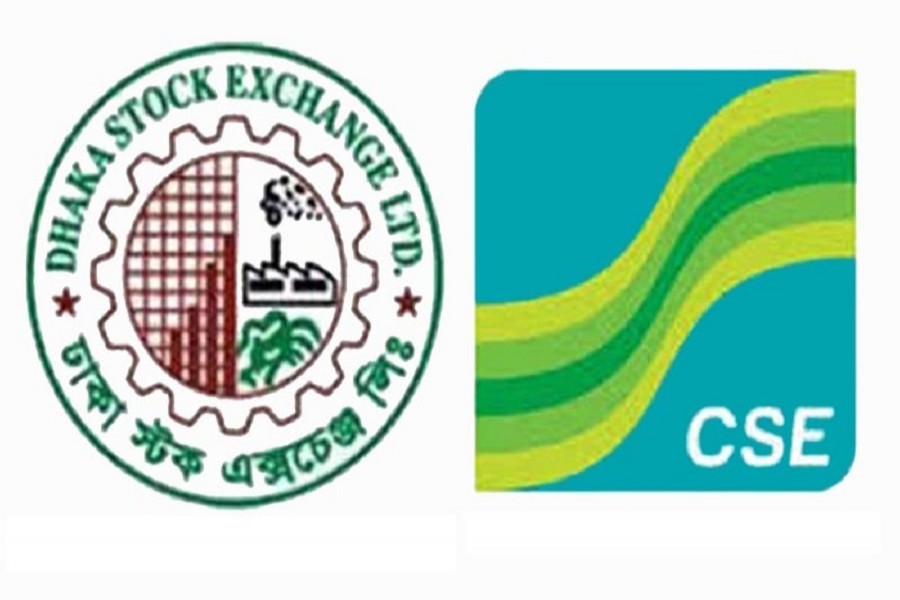Dhaka Stock Exchange together with IFC, UN Women and CSR Centre jointly urged businesses everywhere to take action to boost women empowerment and gender equality.
They made the appeal in an event titled “Ring the Bell for Gender Equality” held recently in the DSE.
Women's economic empowerment is a key driver of sustainable development and a key corporate sustainability issue, International Finance Corporation (IFC) said in a statement.
The Ring the Bell event series serves to highlight the role and opportunity for businesses in promoting gender equality.
The event also encourages stakeholders to remove legal, social and economic barriers that are restricting women's economic empowerment, IFC said.
The number of women on boards of directors of companies listed with the Dhaka Stock Exchange is approximately 18 per cent (including multiple directorships), with the majority being sponsor directors, and only 5 female managing directors and 13 female chairpersons.
“These figures by themselves emphasises the need to do more in removing barriers for women and the need for businesses to create an enabling environment for women to be able to climb the corporate ladder,” said Shoko Ishikawa, country representative of UN Women.
UN Women is a United Nations Entity for Gender Equality and the Empowerment of Women that works to eliminate discrimination against women and girls, to empower women, and to achieve equality between women and men.
Unleashing the full potential of women and girls by empowering them to be equal members of society has a multiplier effect on families, businesses, communities, and nations and is essential to achieving sustainable development, according to the statement.
This year, about 60 stock exchanges around the world joined UN Global Compact, Sustainable Stock Exchanges Initiative, UN Women, IFC, the World Federation of Exchanges and Women in ETF to raise awareness about the importance of gender equality for sustainable development and business, IFC said.
While the private sector increasingly recognises that advancing gender equality through business operations and value chains means better talent, higher productivity and more customers, it said.
“The stock exchange can play a key role in promoting women's economic empowerment in the private sector through addressing gender equality in listed companies, and ensuring enhanced access to finance for women entrepreneurs,” said KAM Majedur Rahman, managing director of Dhaka Stock Exchange.
World Economic Forum's recent study suggested that it would take 217 years to resolve the economic gender gap globally at today's pace.
Thus, the time is now for businesses and markets to scale up actions and change practices, he said.
“We believe women's participation on boards can expand business opportunities, improve company performance and promote stronger corporate governance,” said Wendy Werner, country manager of IFC for Bangladesh, Bhutan and Nepal.
“Women should be considered for board positions because of the skills, experience and insights that they bring to the table. IFC corporate governance research shows that having board diversity brings a more collaborative style of leadership into corporate boardrooms.”
IFC leverages its relationship with about 1,000 financial institutions and private equity funds to help expand access to finance for women entrepreneurs.
Almost 30 per cent of IFC nominee-directors of companies in which IFC has invested are women.
IFC's South Asia regional corporate governance project, implemented with donor support from Japan's finance ministry, provides training to encourage more women's participation on boards and senior management.
-rmc//


